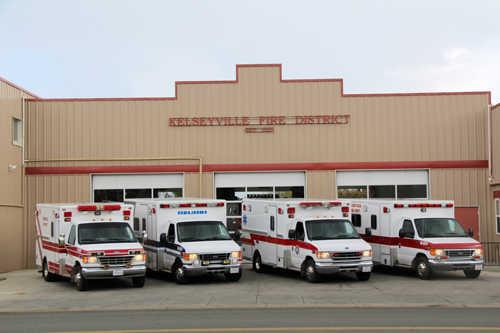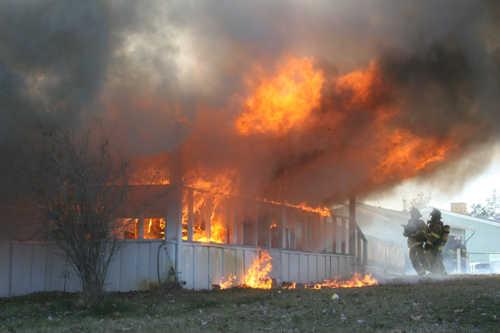- Peggy Robertson
- Posted On
Robertson: Why don’t we want a Dollar General store in Kelseyville?
The Lake County Planning Commission unanimously voted down the application by Dollar General to establish a store in Kelseyville.
The basis for this denial included the location (directly across the street from the high school), traffic concerns, disappointment in Dollar General’s track record with regards to the previously opened stores in this area, and the affect this store would have on the character of the town.
Dollar General has appealed this decision, and there will be a hearing before the Board of Supervisors on July 21.
Dollar General is a 9,000-square-foot sort of “mini Walmart.” It is a national chain of about 12,000 stores which has the resources to buy and sell its merchandise at prices far cheaper than any other business in the area. It will likely drive our locally owned “mom and pop” stores out of business.
As far as providing jobs, Dollar General keeps its overhead low by maintaining minimal staffing. One manager is full-time, all other employees (usually no more than four) are part-time, minimum-wage workers, receiving no benefits.
According to an article in the www.247wallst.com , they are rated fourth on the list of worst companies in the U.S. to work for.
All profits from this business go to the state of Tennessee, where Dollar General is headquartered, and will not be spent in this community.
Studies performed on this subject (there are multiple, Civic Economics summarized 10 of them on www.amiba.net/resources/multiplier-effect ) show that on average 48 percent of each purchase from a local independent business was recirculated locally, compared to less than 14 percent of purchases from chain stores.
Since Dollar General has stated its plan of opening about 600 new stores this year alone (some estimates state that between Dollar General and Dollar Tree they are opening a new store every six hours), that is a lot of money leaving this state, this county, and possibly depriving independent retailers of their livelihood.
The Kelseyville Business Association has worked very hard to establish an identity for this town. “A Friendly Country Town” has been its motto for many years. Visitors are greeted by appealing storefronts, red rocking chairs and the lovely Quilt Trail was started here.
The harm that would come to this little community is sad to consider. Closed stores are already a problem, and the prospect that a sort of “urban decay” would replace the downtown area is, unfortunately, not hard to imagine.
Lake County has received a grant in conjunction with the the Way to Wellville Challenge. Part of this partnership to improve community health involves increasing the number of retail establishments promoting healthy food options.
To this end Dollar General will not add much. Their stock includes frozen and prepackaged items, convenience items, but nothing in the way of fresh produce or meats.
A report prepared by the Campaign for Healthier Solutions (February 2015) found that the vast majority of Dollar General Store products tested contained toxic chemicals linked to learning disabilities, cancer, diabetes and other illnesses – hardly a business that advances community health and environmental protection.
In the general plan for Lake County a number of goals are listed. Included is a desire for “smart growth,” which is defined as providing for a unique sense of community and place, promoting healthy communities, encouraging infill, discouraging sprawl, preserving unique historical, cultural and natural resources among other things.
Dollar General is the antithesis of these goals, at least in the area where it is being proposed to be built.
The San Francisco Chronicle of April 12 showcased Lake County. The beautiful pictures and well-written articles praised each area of this beautiful place. The unique character of each area was described over and over again, making me want to revisit some places I have just taken for granted for some time.
Let’s don’t take this special place for granted – we must work hard to maintain that unique character, and not find ourselves turning into just another bump on the road with a yellow and black store being its main attraction.
Peggy Robertson lives in Kelseyville, Calif.










